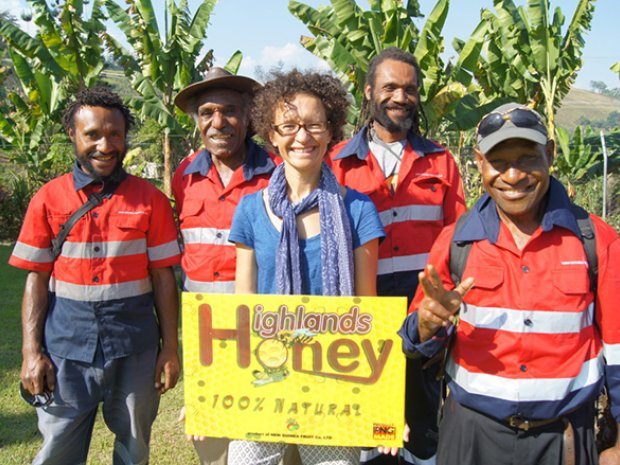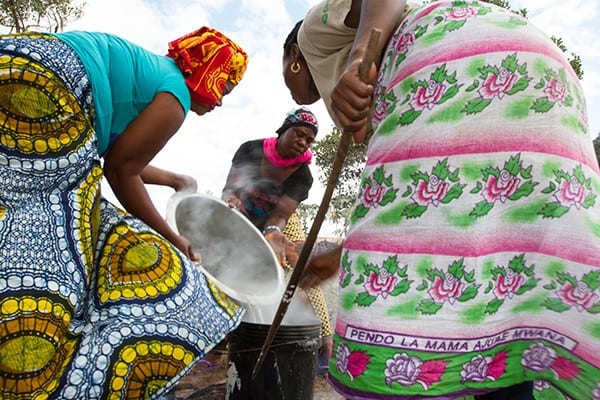International agency Oxfam today called on governments meeting at today’s Iraq donor conference in Washington to generously fund both urgent efforts to help victims of ongoing violence and longer-term support to the country’s road to recovery.
[Read more…] about Oxfam calls on governments to help victims of ongoing violence in Iraq







